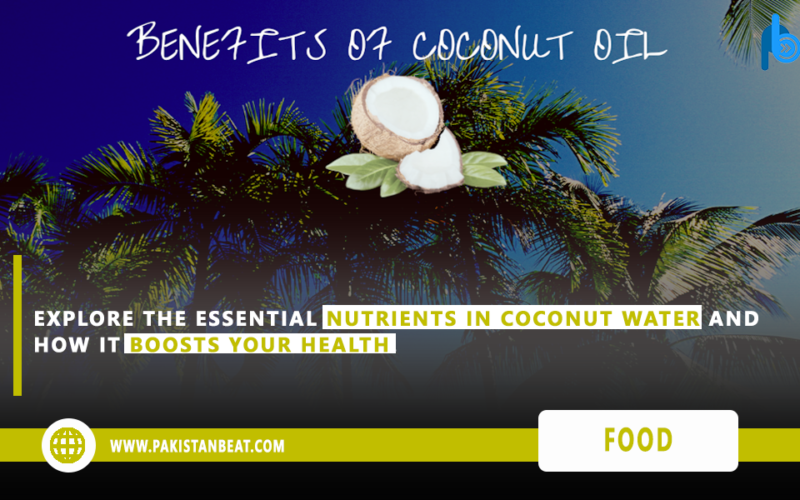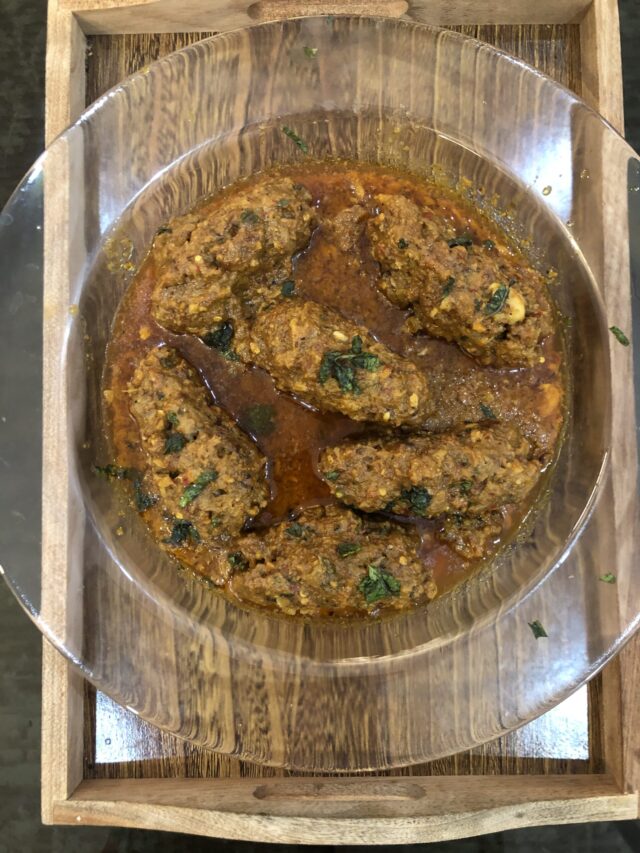What is coconut oil? Coconut oil is a plant-based oil that’s extracted from raw coconuts. It’s highly saturated, and if you’ve used it, it’s featured in everything from cooking to skin care and even cosmetics! Yet, amidst all the hype, there are questions about whether coconut oil is as nutritious as it’s made to be. In this thorough investigation, we’ll dive into the research behind uses of coconut oil to find out the truth about it and help you make educated choices about its role in your lifestyle.
Coconut oil has an important place in the world of health. It has numerous benefits, ranging from health to use in cooking for skin and hair. But, in all the enthusiasm, there are questions regarding its actual impact on our health. In this article, we set out on an exploration to discover the scientific basis of coconut oil and separate facts from fiction in order to help you make educated choices to live a more healthy life.
Understanding Coconut Oil
The skin of mature coconut oil is rich in saturated fats, mostly composed of lauric acid, an MCT, also known as a middle chain (MCT). MCTs are believed by many to have unique characteristics that differentiate coconut oil from other diet fats and are believed to provide numerous health benefits. But the structure of coconut oil is also composed of less monounsaturated as well as polyunsaturated fats, as well as trace minerals and vitamins. To find out the truth behind coconut oil, scientists have conducted a variety of studies to study its impact on various areas of human health, ranging from the heart to weight loss and more. Although some studies have suggested that it could be beneficial, the whole picture is plagued by inconsistent findings and methodological flaws that leave numerous questions unanswered.
Types of Coconut Oil
There are two types of coconut oil, and both are solid before melting into a liquid formula.
Refined vs. Unrefined Coconut Oil
Unrefined coconut oil is oil that hasn’t undergone additional processing outside of extracting the oil. It is either wet or dry-pressed from coconut and comes with the signature coconut scent and flavor. A term found on the label of some unrefined varieties is “cold-pressed,” meaning the extraction process didn’t use heat.
Refined coconut oil means that some processing has occurred to remove some of the natural components within the oil. It’s characterized as a “cleaner” oil without a telltale coconut scent or taste and may be used more for cooking or baking.
Coconut oil improves cardiovascular health, increases metabolism, and even has antimicrobial properties. The MCTs present in coconut oil will boost your metabolism, reduce cravings, and boost your efforts to lose weight. Additionally, lauric acid is highly praised for its supposed antimicrobial properties, which could help fight bacteria as well as viruses and fungi. But there is still a lack of trust within science, especially about the excessive saturated fat content of coconut oil. Saturated fats have been blamed for higher cholesterol levels and a greater risk of heart disease. Despite a fervent campaign, research-based evidence that supports the claims of health benefits from coconut oil remains unobtainable.
Uses of Coconut Oil
Uses of Coconut Oil for Heart Health
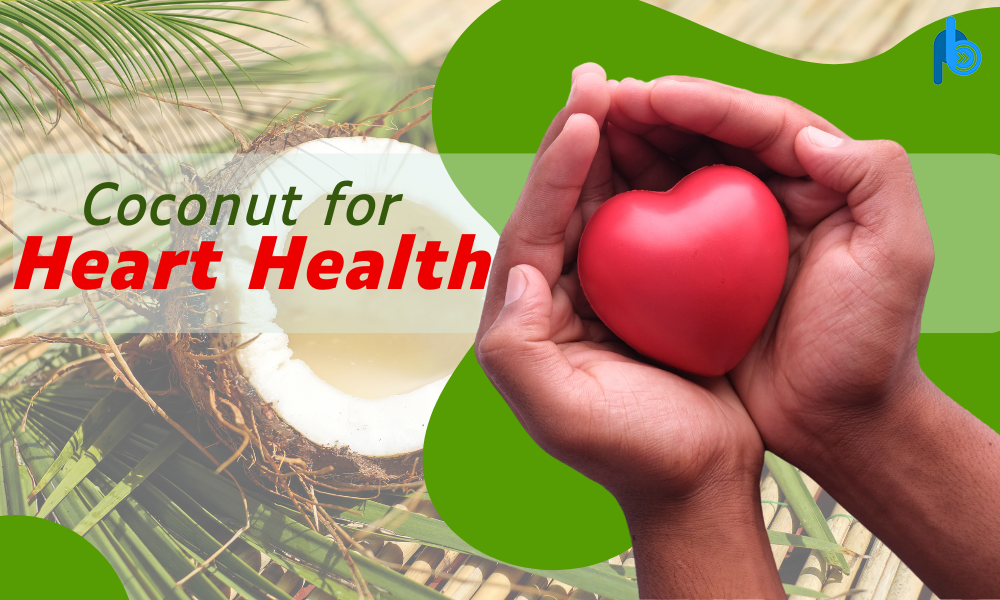
The most debated issue concerning coconut oil’s effects is its impact on heart health. While certain studies on animals and observational studies have concluded that coconut oil can increase the levels of “good” HDL cholesterol and boost the overall cholesterol profile, controlled studies randomized to a randomized design have not been able to confirm these claims. The evidence suggests that coconut oil can increase amounts of “bad” LDL cholesterol, potentially putting heart health at risk.
Uses of Coconut Oil for Weight Management
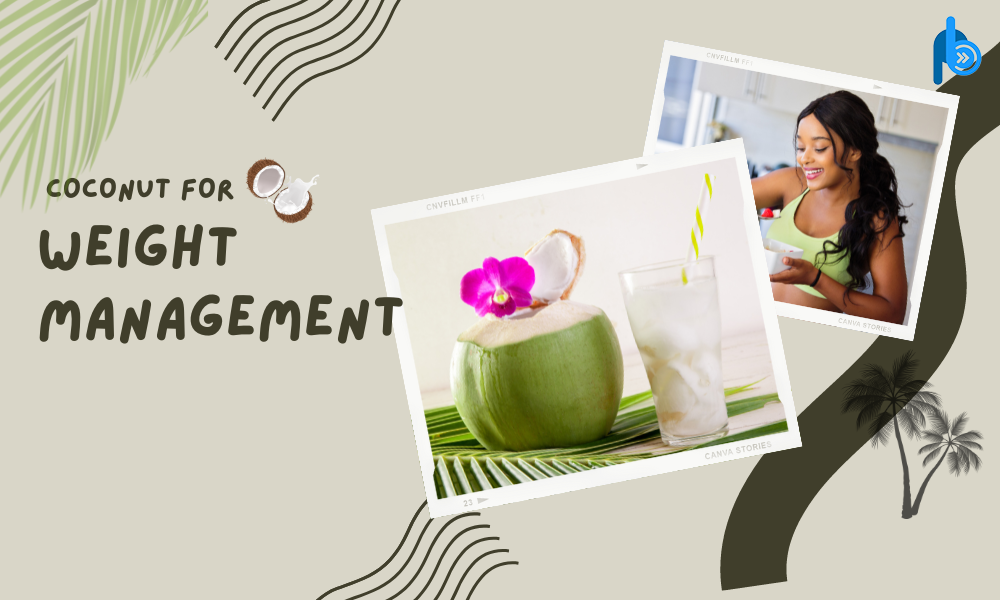
The role that coconut oil is believed to play in weight management has been scrutinized. While MCTs could provide metabolic benefits, the evidence to support their effectiveness in promoting weight loss is shaky at best. Coconut oil is also dense in calories, so excessive consumption could lead to weight gain when not controlled appropriately.
Uses of Coconut Oil for Skin

Body moisturizer is the primary way to get the most out of coconut oil. After showering or bathing, apply coconut oil to your body to help hydrate your skin (keeping in mind the cautions noted above). Rub the oil from your neck down and focus on areas that get drier, like your elbows, knees, hands, and feet. You can also keep a bit of coconut oil with you during the day and apply it as needed. Makeup remover while you should still be wary of applying coconut oil to your face, Dr. Wu says you can use a bit of coconut oil as a makeup remover. Use a cotton ball or pad to apply some of the coconut oil, and ta-da!—you have your first layer of makeup off. Just make sure to rinse thoroughly after with a gentle cleanser or makeup remover to get everything off. “I would recommend double cleansing with a water-based cleanser afterward to reduce the risk of clogged pores and millia,” she adds.
Uses of Coconut Oil for Lip balm
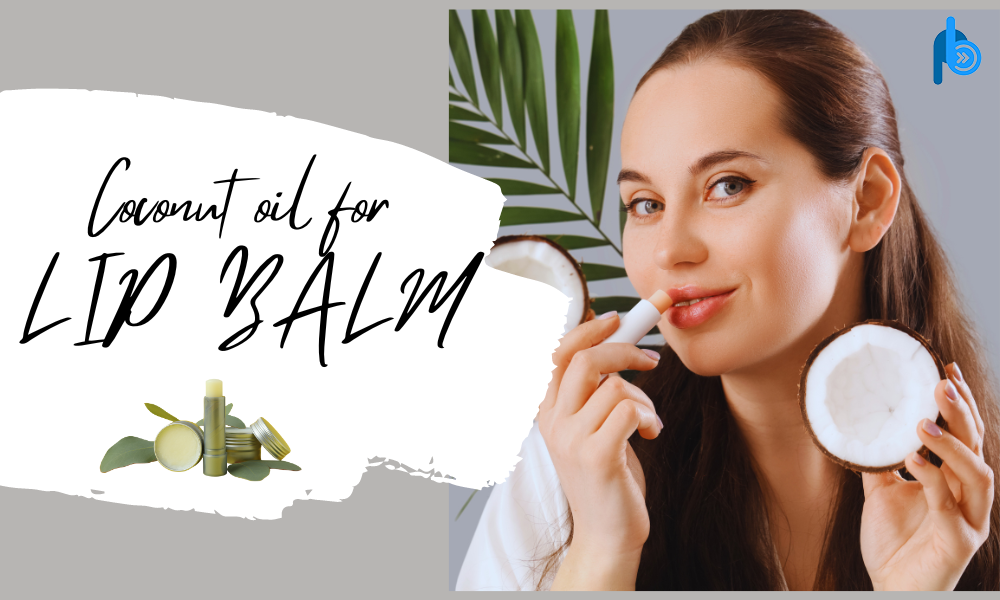
Are your lips constantly dry and irritated? Coconut oil can also be a natural “chopstick”—the hydrating properties can do wonders to keep your lips moisturized throughout the day. Plus, it’s technically edible, so no worries if you end up licking your lips! But remember, with coconut oil, less is more. Moreover, its claims of strengthening hair and preventing breakage have earned it a devoted fan base. While individual experiences may differ, the majority of users have reported favorable payoffs from the inclusion of coconut oil in their beauty routines. Studies show that coconut oil applied topically to the skin may help people with mild to moderate atopic dermatitis or eczema, which causes an itchy rash. Coconut oil’s anti-inflammatory properties may decrease the severity of the condition, prevent moisture loss, and improve the skin’s barrier function. 341 Check with a healthcare provider to ensure coconut oil is a good option.
Uses of Coconut Oil for Reducing Stretch Marks
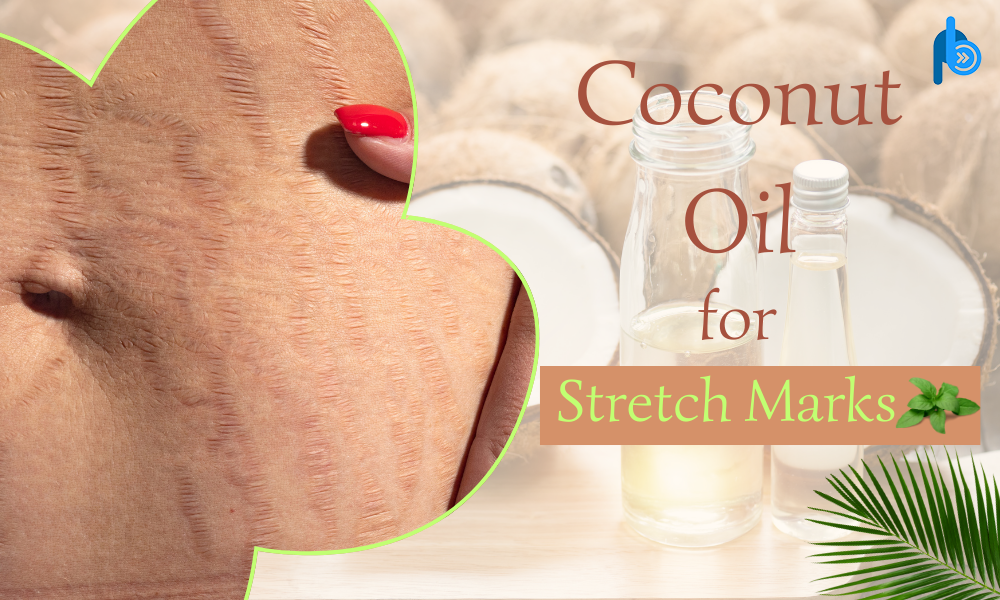
While coconut oil can’t physically remove stretch marks from pregnancy or another cause, it’s possible that applying this oil to the targeted areas may help reduce their appearance. Coconut oil’s antioxidants and anti-inflammatory properties may also promote skin healing from within, reducing the chances of stretch marks developing.
How to Apply Coconut Oil to Your Hair
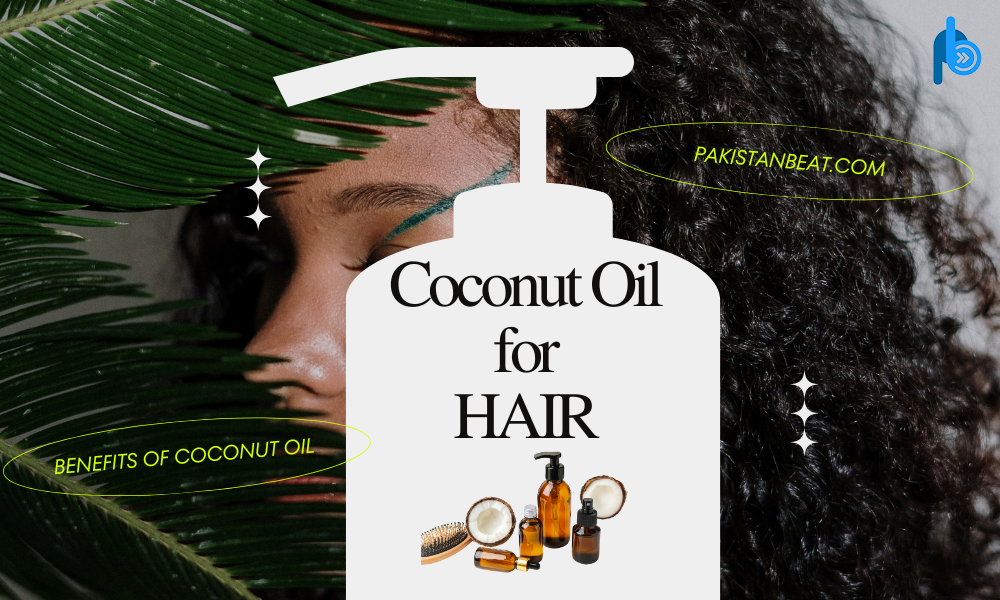
Applying coconut oil to your hair is all about finding what works best for you, a process that will likely involve some trial and error. One person’s high-shine hack may be another’s hyper-greasy hair day, so be sure to start with diminutive amounts and allot time for potential restyling. For most treatments, experts recommend rinsing coconut oil out post-use, though a small amount used as a styling oil offers an exception.
We suggest starting with an overnight mask or scalp treatment to see how your hair responds. In some cases take one spoon oil and two spoon shampoo mix it well and use it for frizzy hair.
Coconut Oil Hair Mask
Rather than relying on coconut oil as a finisher, Fitzsimons opts to use the ingredient—or products containing it—as an easy, DIY mask that works while you sleep.
Incorporating Coconut Oil Wisely
In spite of all the debates, coconut oil is still able to be a part of a healthy lifestyle and diet in the right way if approached with care. It is recommended to choose virgin coconut oil, or unrefined, that undergoes minimal processing and preserves the majority of its nutrients, which can provide advantages over refined versions. If you are using coconut oil to cook moderately, it is an accurate option, and it is recommended to pair it with other healthy fats for your heart, like olive oil and avocado oil.
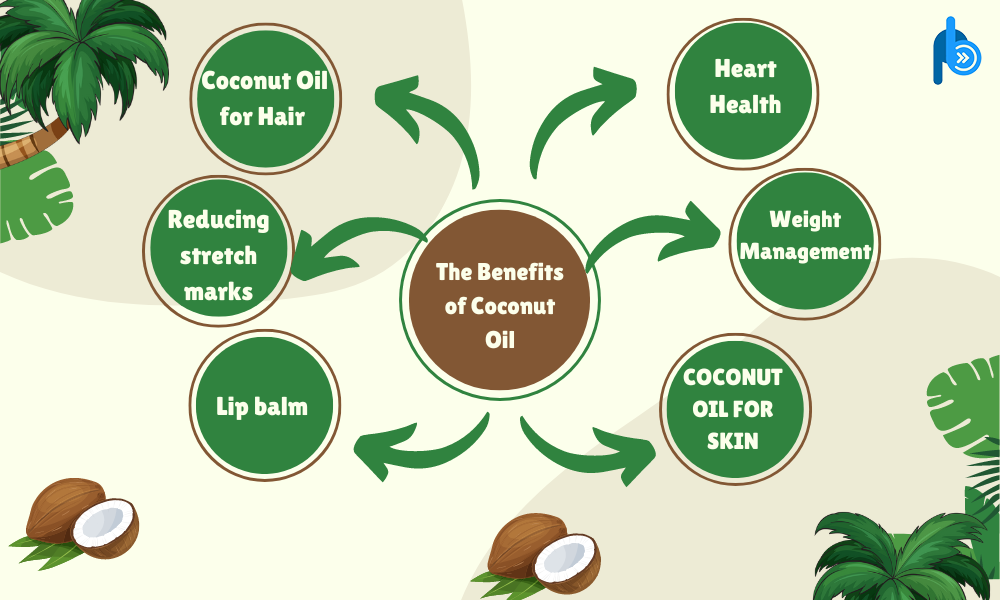
Will Coconut Oil Give You Acne ?
However, there are side effects of using coconut oil on your skin. A question occurs in mind that will coconut oil give you acne ? and the answer is yes! It’s hydrating, but that means it can do its job a little too well and clog pores and cause acne breakouts, especially if your skin is more on the oily side. “If you are prone to acne, you should also avoid putting it on your shoulders, chest, or back. – Dr. Wu adds
Conclusion:
In the end, coconut oil remains an area of interest and debate within the field of health and nutrition. While it is believed to have certain advantages, such as the ability to moisturize hair and skin, its impact on the health of your heart and weight management isn’t clear. Like any other dietary decision, it’s important to take an open-minded approach, taking into account the evidence and personal health requirements. If you are able to embrace the principles of moderation and balance, it is possible to get through the myriad of coconut oils and make informed choices that will benefit you as you move toward a healthier lifestyle.
More Relatable Blogs from this Author:
